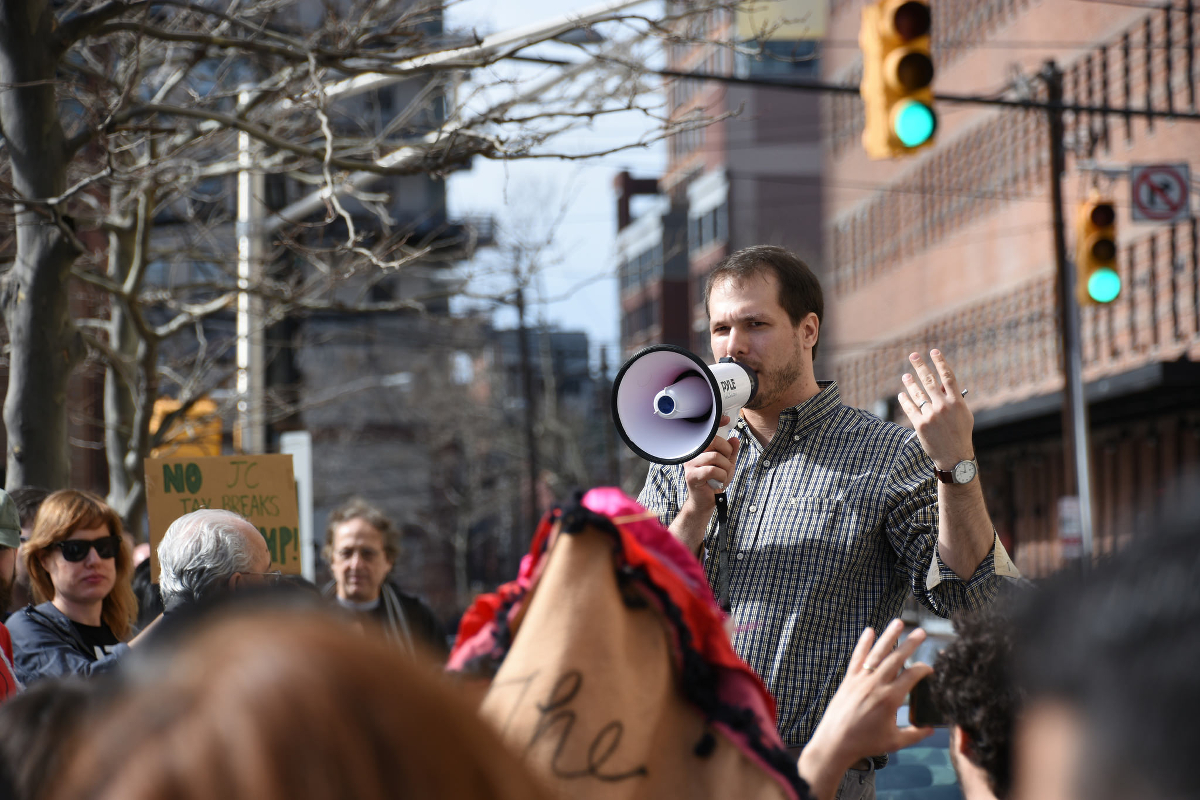Happy Monday, gentle readers! We hope you had a great weekend…and that you’re looking for some reading recommendations to sneak in between sifting through your inbox this morning. This week, we’re exploring fantastic investigative journalism on maternal mortality, delving in for an intimate look at how a natural disaster reshaped a town, exploring the future of marriage, looking at the tech industry’s role in politics, and finding out what happens when someone dies on board an aircraft. Please join us — and hop into the comments to let us know what you’re reading.
If you haven’t already, subscribe to the Global Comment podcast on iTunes and Soundcloud and catch up on the first episode, a fascinating interview with Omar Saif Ghobash.
‘The Last Person You’d Expect to Die in Childbirth‘ (Nina Martin for ProPublica and Renee Montagne for NPR)
The United States has a horrific maternal mortality rate. This is a deep dive into the origins of this problem, and how we can fix it.
American women are more than three times as likely as Canadian women to die in the maternal period (defined by the Centers for Disease Control as the start of pregnancy to one year after delivery or termination), six times as likely to die as Scandinavians. In every other wealthy country, and many less affluent ones, maternal mortality rates have been falling; in Great Britain, the journal Lancet recently noted, the rate has declined so dramatically that “a man is more likely to die while his partner is pregnant than she is.” But in the U.S., maternal deaths increased from 2000 to 2014. In a recent analysis by the CDC Foundation, nearly 60 percent of such deaths were preventable.
‘The Billionaire and the Flood: How a Tragedy Transformed the Greenbrier Resort and the Blue-Collar Town that Depended on It‘ (Elaina Plott for Washingtonian)
This is a fascinating story of company towns, class war, and how a strange confluence of circumstances turned a horrific flood into a compelling political opportunity.
Once upon a time, the resort had ensured a stable economy. Older residents remember a pleasant and bustling Main Street. “You could buy a spool of thread, and you could buy a white shirt. You could rent a tuxedo,” says Wooding, the former mayor. “Everything you needed was here.”
‘Is an Open Marriage a Happier Marriage?‘ (Susan Dominus for The New York Times)
The shape of marriage is changing, and society is still adapting to it. As couples explore the kinds of relationship structures they want, many are struggling to find the boundaries, and the language, that suit their needs.
If pressed to find language, the couples might have said they were in open marriages, a phrase first popularized in 1972, with the publication of “Open Marriage: A New Life Style for Couples,” by Nena and George O’Neill. The book, which focused mostly on emotional openness, became a best seller, most likely because of a concept it introduced in three pages toward the end. “We are not recommending outside sex,” the authors wrote, “but we are not saying that it should be avoided, either.”
‘The great British Brexit robbery: how our democracy was hijacked‘ (Carole Cadwalladr for The Guardian)
As the tech industry charges into the political landscape, it’s creating some complicated, and troubling problems — some of which are only discovered when it’s too late.
Sophie Schmidt now works for another Silicon Valley megafirm: Uber. And what’s clear is that the power and dominance of the Silicon Valley – Google and Facebook and a small handful of others – are at the centre of the global tectonic shift we are currently witnessing.
‘Is there a doctor on board? Facing death at 40,000 feet‘ (Louise Hung for the Order of the Good Death)
Our own Louise Hung also appears on the Order of the Good Death’s website now and then, and this is an intense read about an in-flight medical emergency, and what happens when someone dies in midair.
A man on the opposite side of the cabin was standing up the aisle, arms crossed, casually watching the cabin crew and who I assumed were medical professionals “work on” the patient. His expression was stoic, I’m not sure he blinked. A flight attendant gestured for him to sit back down at one point, and he did – for a moment. As soon as the flight attendant had gone back to the galley, he was back up again, position assumed.
If you enjoy our work, please consider supporting us with a one time or recurring donation. We believe in paying writers, and we rely on our readers to help us continue serving up interesting, dynamic, and engaging commentary every weekday. To make sure you don’t miss any of that commentary, you can subscribe to our newsletter below — and if you’re interested in writing for us, check out our contributor guidelines.
Photo: Alec Perkins/Creative Commons

